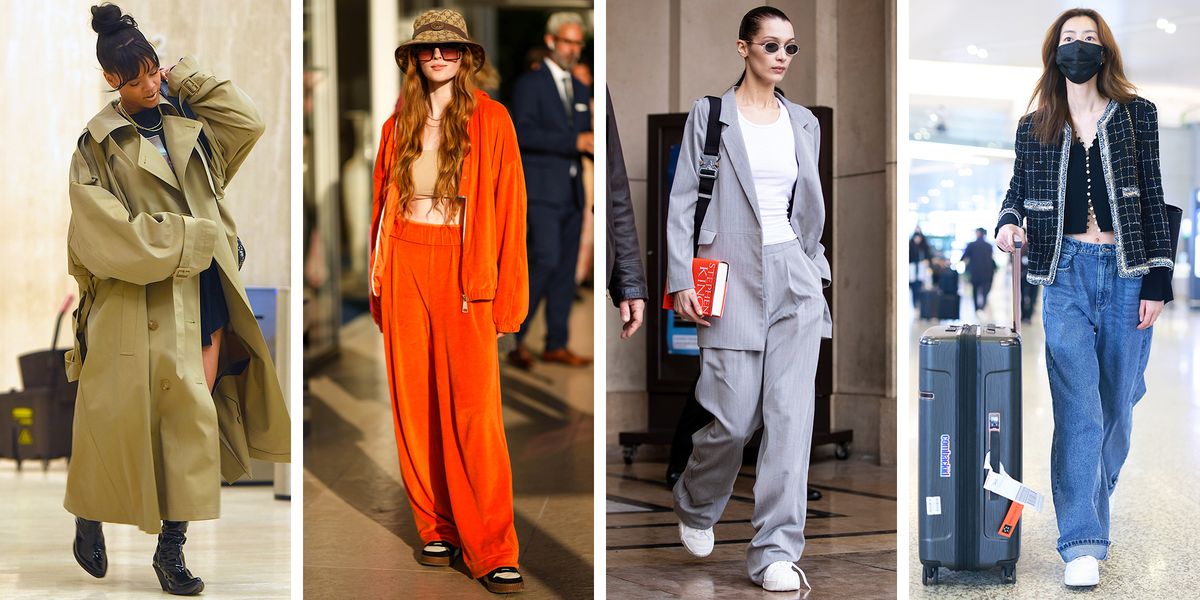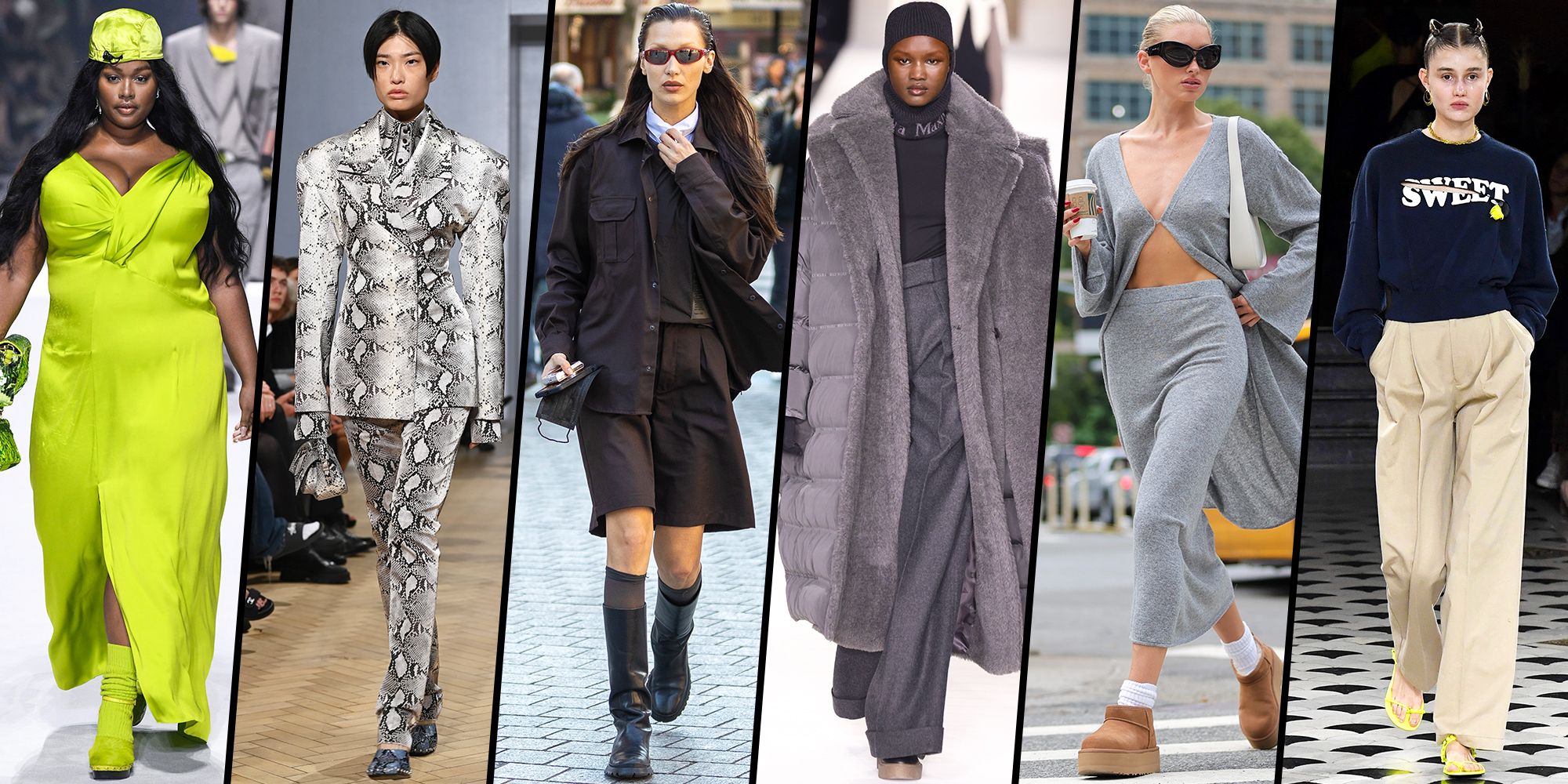Ethical Fashion Practices: Why Sustainability Matters
Explore the significance of ethical fashion practices in promoting sustainability and responsible choices in the fashion industry.

Ethical Fashion Practices: Why Sustainability Matters
Environmental Impact
One of the most compelling reasons for embracing sustainable fashion is its positive impact on the environment. The conventional fashion industry is notorious for its excessive water consumption, toxic chemical use, and massive waste generation. Sustainable practices, such as using eco-friendly materials, reducing waste, and implementing responsible manufacturing processes, can significantly mitigate these issues.Resource Conservation
The fashion industry relies heavily on finite resources like water, land, and energy. Unsustainable practices can deplete these resources and harm ecosystems. Sustainable fashion aims to conserve these valuable resources for future generations by minimizing waste and adopting efficient production methods.Reducing Pollution
The use of hazardous chemicals in textile production is a major contributor to water and air pollution. Sustainable fashion promotes the use of non-toxic dyes, chemicals, and processes, reducing harm to the environment and human health.Ethical Labor Practices
Ethical fashion goes beyond environmental concerns; it encompasses ethical labor practices. This includes fair wages, safe working conditions, and respect for workers' rights. Sustainable brands prioritize the well-being of the people involved in the production process.Longevity and Quality
Sustainable fashion emphasizes quality over quantity. It encourages consumers to invest in well-made, durable clothing that lasts longer. This approach reduces the need for frequent replacements, decreasing overall fashion-related waste.Circular Economy
Sustainability in fashion promotes the concept of a circular economy, where products are designed to be reused, recycled, or repurposed. This reduces the amount of clothing ending up in landfills and minimizes the industry's carbon footprint.Consumer Awareness
Sustainability in fashion encourages consumers to make informed choices. As shoppers become more aware of the environmental and social impacts of their purchases, they are more likely to support ethical fashion brands.Innovation and Technology
Sustainability has spurred innovation in the fashion industry. From recycling textiles to creating eco-friendly materials, sustainable fashion practices have driven technological advancements that benefit both the industry and the environment.Brand Reputation
Consumers are increasingly drawn to brands that demonstrate a commitment to sustainability. Ethical fashion practices can enhance a brand's reputation and attract a loyal customer base.Global Responsibility
The fashion industry's global reach means that its actions have far-reaching consequences. By embracing sustainability, the industry takes responsibility for its impact on a global scale, contributing to a more sustainable future.Regulatory Pressure
Governments and regulatory bodies are beginning to enact stricter environmental and labor regulations for the fashion industry. Brands that prioritize sustainability are better positioned to comply with these evolving standards.Economic Viability
Sustainable fashion is not only environmentally and ethically responsible but also economically viable. It opens up new markets, reduces long-term costs, and fosters innovation, benefiting both businesses and consumers. In conclusion, ethical fashion practices and sustainability are not merely buzzwords; they are imperative for the future of the fashion industry and the planet. Embracing sustainability means recognizing the interconnectedness of environmental, social, and economic factors in fashion. As consumers, our choices can drive positive change, supporting brands that prioritize ethical practices and encouraging the entire industry to adopt more sustainable approaches. Ultimately, sustainability in fashion is not just a trend but a fundamental shift toward a more responsible and conscientious future.Reducing Fast Fashion's Negative Impact
The rise of fast fashion, characterized by cheaply made, disposable clothing, has had severe environmental and social consequences. Sustainable fashion aims to counteract this trend by promoting slower, more thoughtful consumption. By choosing timeless, high-quality pieces, consumers can help reduce the demand for fast fashion, thereby lessening its harmful effects.
Biodiversity Conservation
Sustainable fashion practices often involve sourcing materials responsibly. This includes using organic fabrics, supporting regenerative agriculture, and protecting biodiversity. By safeguarding natural ecosystems and promoting eco-friendly farming practices, sustainable fashion contributes to the preservation of the planet's biodiversity.
Encouraging Transparency
Ethical fashion brands are more likely to be transparent about their supply chains. They provide consumers with information about where their products are made, the conditions of the factories, and the sourcing of materials. This transparency empowers consumers to make informed choices and hold brands accountable.
Promoting Local Artisans
Sustainability extends to supporting local artisans and communities. Ethical fashion brands often collaborate with artisans, preserving traditional craftsmanship and providing economic opportunities to marginalized communities.
Closing the Loop on Textiles
The fashion industry is a significant contributor to textile waste. Sustainable fashion initiatives, such as clothing recycling programs and upcycling, aim to reduce textile waste and give garments a second life. This reduces the strain on landfills and conserves resources.
Educating the Next Generation
Sustainability in fashion isn't limited to the present; it's about shaping the future. Many educational institutions now offer programs focused on sustainable fashion design and production, ensuring that the next generation of designers and professionals prioritize ethical practices.
Empowering Consumers
Sustainability in fashion empowers consumers to be conscious and responsible shoppers. It encourages individuals to ask questions about where their clothing comes from, what it's made of, and who made it. This shift in consumer behavior can drive positive change throughout the industry.
Ethical Fashion as a Cultural Movement
Sustainability in fashion has evolved into a cultural movement, inspiring individuals, communities, and organizations to come together and advocate for a more responsible industry. Fashion shows, exhibitions, and events centered around ethical fashion have gained traction worldwide, raising awareness and pushing for change.
Collaborative Initiatives
Many brands and organizations are collaborating to promote sustainable fashion practices collectively. These initiatives aim to share knowledge, pool resources, and create a united front in the fight for a more ethical and sustainable fashion industry.
Adaptation to Climate Change
As climate change increasingly affects our planet, the fashion industry must adapt. Sustainable fashion practices reduce greenhouse gas emissions, minimize water usage, and promote responsible land management?all of which contribute to the industry's resilience in a changing climate.
In summary, sustainability in fashion is a multifaceted movement that encompasses environmental responsibility, ethical labor practices, and conscious consumer choices. It's a powerful force that is reshaping the fashion industry from the ground up, demanding accountability, transparency, and positive change. By embracing sustainable fashion, we not only protect the environment and uphold ethical values but also contribute to a more compassionate and responsible fashion landscape for generations to come.
What's Your Reaction?
















